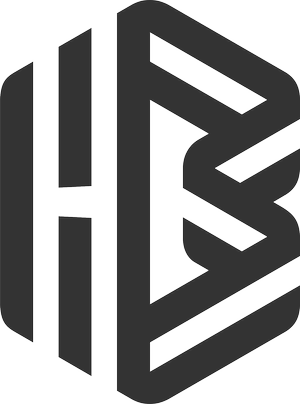I recently visited my brother in New York City. The night I flew in, we went to a huge comedy show at Madison Square Garden. The venue was packed. Before it started, there were repeated announcements by the staff, to the point of actual annoyance:
“Absolutely no cellphones!”
They made it clear that anyone caught with a phone open during the performance would be asked to leave immediately. Seems simple enough, right? Especially if you consider the cost of tickets and the time required to dress up and go out, not checking your phone for a few hours should be trivial. Yet, more than forty people were escorted out.
What happened? Maybe they didn’t think they’d be caught. Or, maybe they were simply unable to resist the temptation to look at their phone. Either way, there definitely are some lessons here. First, no matter how many times you say something, there will always be some people who either don’t listen or don’t care. Second, suppose the person listened but couldn’t resist reaching for their phone. What does that say about our self-control?
Enter the elephant and the rider
I heard someone say, “Wisdom is the ability to follow our own advice.” In NYU Psychology Professor, Jonathan Haidt’s book, The Happiness Hypothesis, he explains the metaphor of an elephant and a rider. The rider represents the rational, thoughtful part of our brain, and the elephant is the clumsy, stubborn, and emotional side. In other words, knowing what to do is half the battle because we still have to move our own elephant.
Training the elephant requires both discipline and introspection. Before making adjustments, we have to take an honest inventory of ourself. Here are a couple of questions I’ve used:
“Am I any good at following my own advice?
What aren’t I doing, that I know I should, or want to do?”
Answering these truthfully is difficult, but I feel it’s much better to know where you stand than to flounder aimlessly in the dark.
Making better paths
Steering your elephant isn’t easy either. But there are some shortcuts you can take to help better correlate with your rider. One such method is simply to make better paths. If you think of life as a twisty journey filled with obstacles, and the elephant as the vehicle, it makes sense that the elephant will take the path of least resistance, as it so often does when presented the choice between a slice of cheesy pizza or running four miles.
Acknowledging that I don’t always possess the necessary willpower to follow my own advice (and I don’t) helps me make better decisions. For example, if I know email distracts me while writing, I might quit mail and go find a place without Internet. If getting to the gym is your thing, try setting out your shoes and clothes ahead of time, and so on. The takeaway and point that I’m trying to make is that by understanding our habits, good or bad, we can increasingly align the life we dream with the life we live.
Take your own advice: a lesson from Warren Buffett
Warren Buffett is brilliant. He’s one of my heroes, also one of the world’s greatest living investors with a net worth of roughly sixty billion, give or take a few. But perhaps more intriguing than Buffet’s wealth, is how he actually does what he does. Warren lives in Omaha Nebraska, thousands of miles from New York City, the “financial capital of the world”. He lives in a relatively modest home, drives his used car to work, and has an ordinary office. Not exactly what you’d expect from a billionaire.
Buffett learned early in his career to think for and trust in himself. For him, it doesn’t help to be in New York City with buzzing stock tickers, fancy clubs, or Park Avenue pent houses. To Buffett, those are just distractions. After he finished business school, Warren moved to Omaha and hasn’t looked back.
When you find your voice, you have to fight to keep it pure. If that means metaphorically moving to Omaha, then by all accounts, it’s worked before.
Summary
The essence of this essay is the following. Knowing what to do isn’t the same as actually doing it. I know from personal experience that it’s incredibly difficult to follow my own advice. For a framework to think about this problem, I love Jonathan Haidt’s example of an elephant and rider. We can practice training our elephants, but we can also look for opportunities to make better paths. Finally, and perhaps most importantly, none of the above matters if the advice we’re trying so desperately to follow isn’t our own.
Do whatever you must do to find your own voice. Once you’ve tuned in, listen to what it’s telling you. Lots of people sum me up using an external scorecard. That’s fine, but it doesn’t provide the slightest inclination about how I feel on the inside. I know I’m my most confident, authentic, and content self, not when I’ve checked off some societal box, but when I’ve aligned my external with my internal, and I can only do this by following my own advice.


